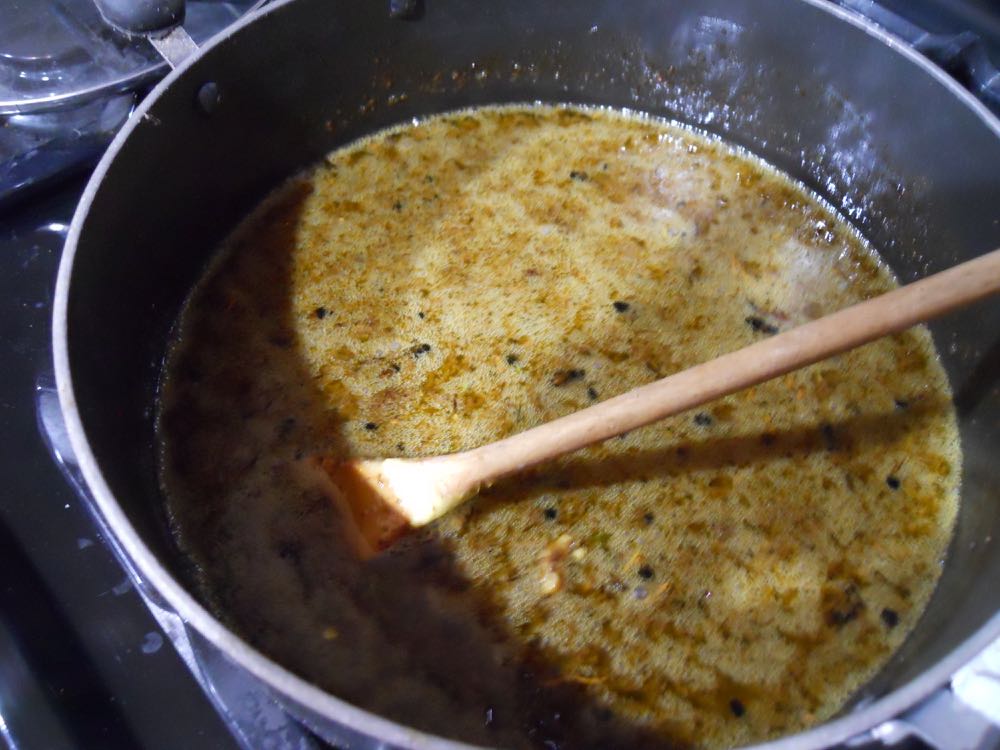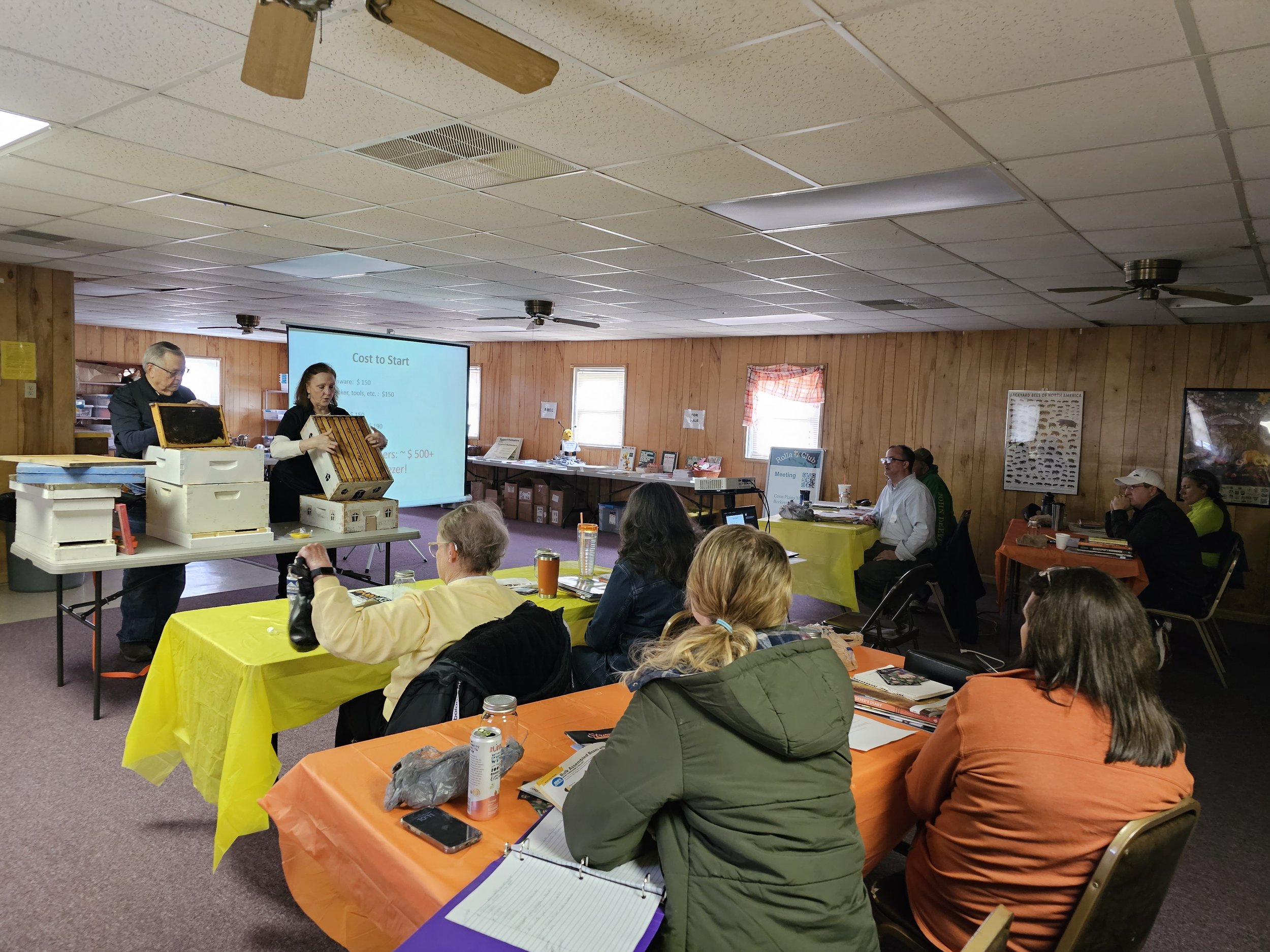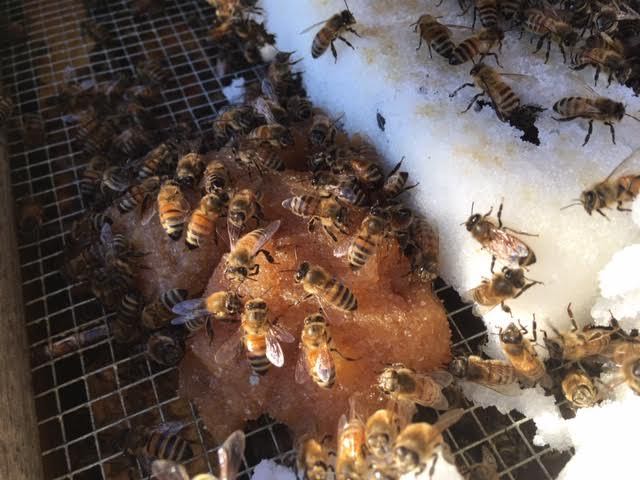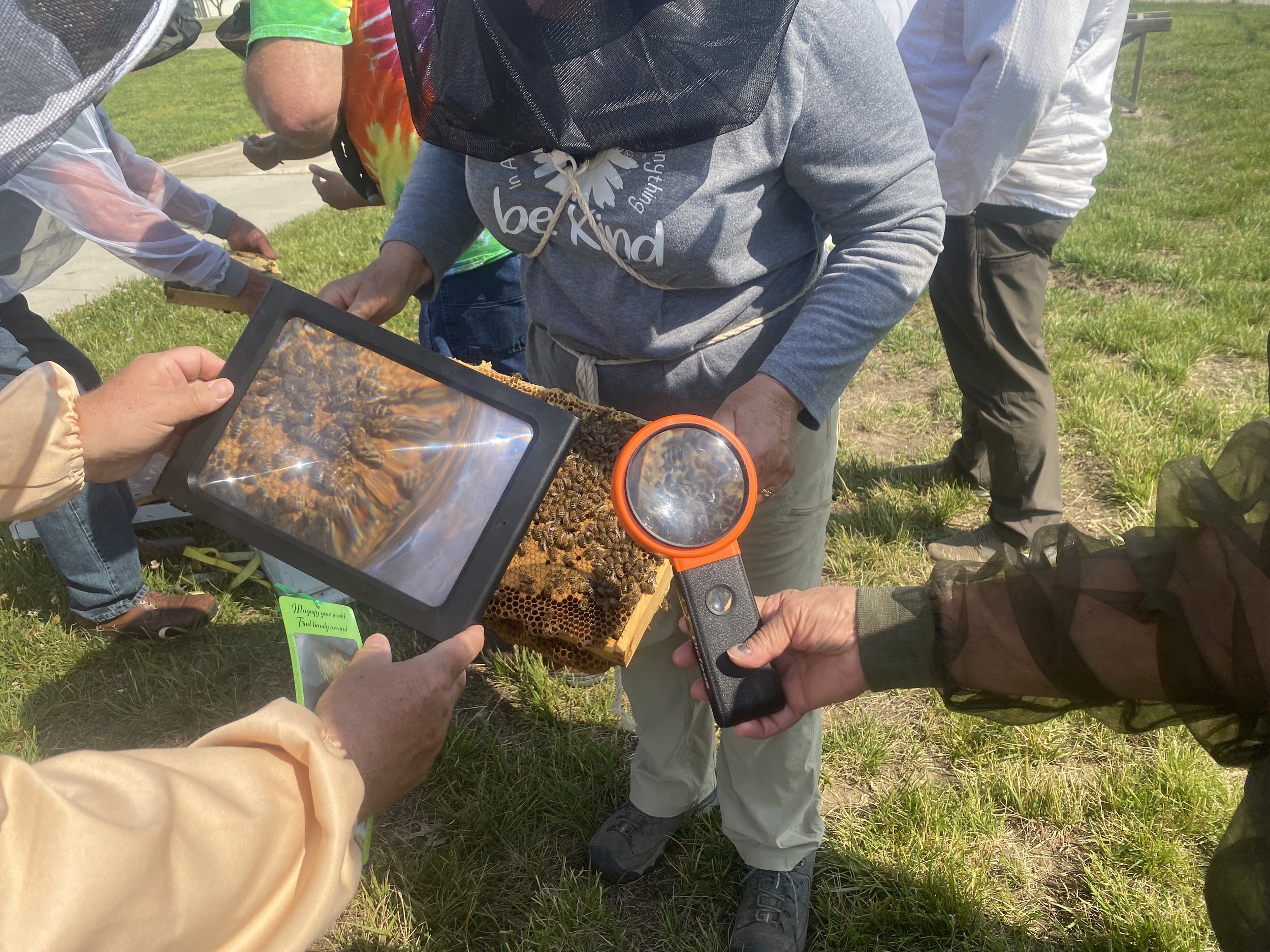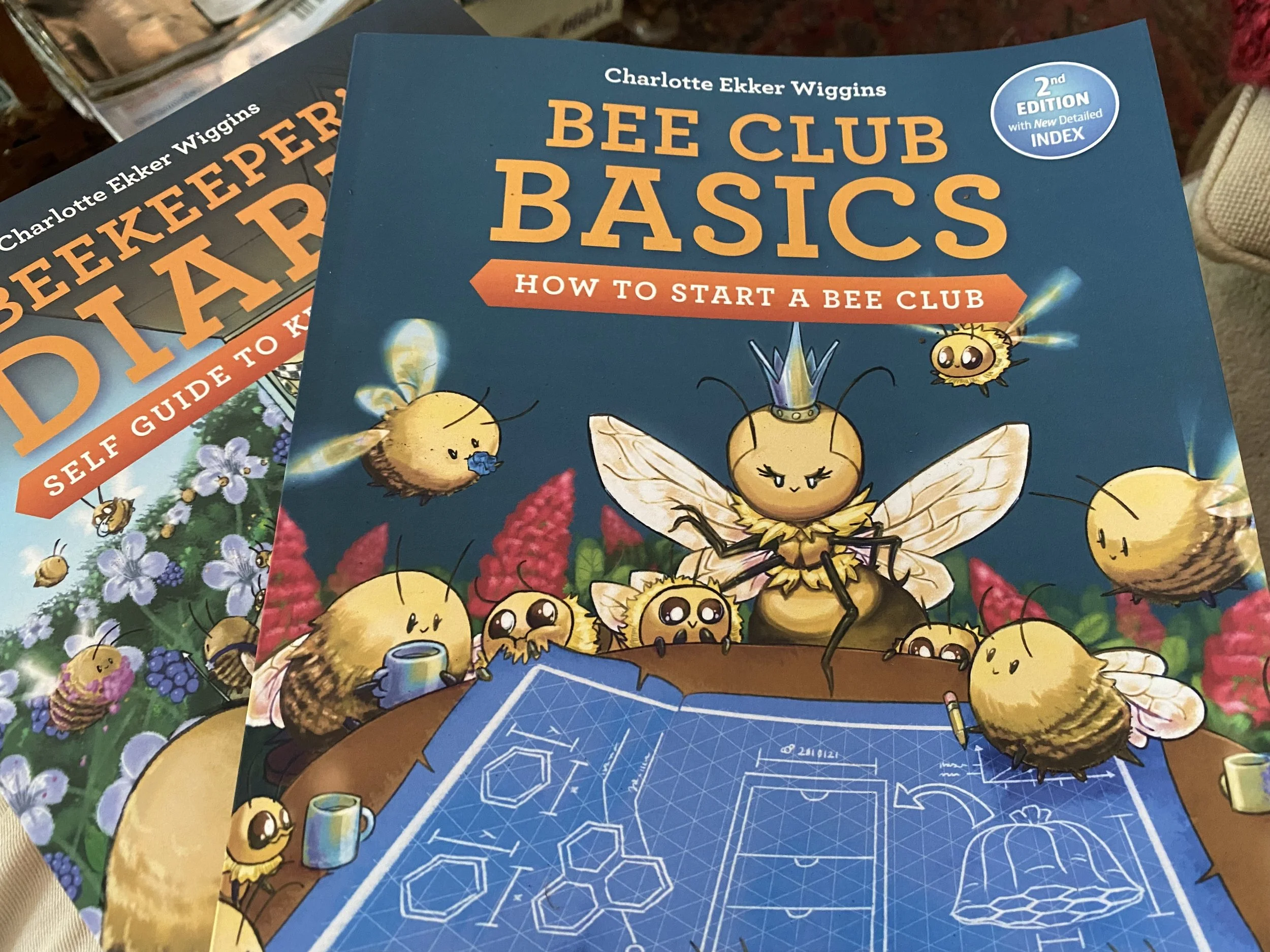Rendering Bees Wax
/Honeybees on a piece of bees wax, it's amazing how quickly they will have it cleaned out.
Rendering Bees Wax
When people find out I am a beekeeper, the second question they usually ask is what do I do with all of the honey. What they really should be asking is what do I do with all of the more valuable hive by-product, the lovely wax.
Honeybees are amazing creatures. In their tiny bodies they pack a variety of glands including ones on their undersides that produce slivers of wax. Once packed on top of one another, the wax forms the intricate network of comb in which bees store pollen, nectar and larvae, the three basic components of a bee colony.
It takes 8 pounds of honey to make one pound of wax so to a beekeeper, wax is golden. Besides all of the ways people use wax – for candles, lip balm, mustache grooming – wax is also a reusable product in a hive.
To be able to reuse wax, a beekeeper can heat wax to melt it enough to store it until it can be used again.
I have tried a number of ways to render wax, from a homemade solar melter to a pre-made solar melter. The following method has proven to be quicker and easier:
How to Easily Render Bees Wax
Don’t use your regular cooking pots to do this, I purchased a pot at a local thrift store and have it stored in my garage with my other beekeeping supplies.
Also remember wax is flammable so never leave heated wax unattended or close to an open flame.
This is wax and other debris in water heated over medium heat. Wax is slowly melting.
To melt wax on a stove, place the wax in water in a pot and stir until the wax melts into a waxy soup.
You will know its ready to pour out of the pot when all of the wax is melted.
A piece of cheesecloth over an old colander helps catch debris as the wax soup pours through.
Add cheesecloth to a beekeeping-dedicated colander sitting over a bucket of water half-filled or less.
This white plastic colander fits the top of a plastic container where I add water.
Here's why you want a dedicated pot. Once cold water hits the pot, the wax solidifies in the bottom.
Once the wax is all melted, carefully pour the wax soup into the colander to collect any residue and let the remainder fall into the water.
Allow it to cool.
Once cooled, you will find a disk of wax floating on top of the water.
To purify it further, you can heat it up again, pour it through another layer of cheesecloth in a colander and pour it into another bucket of cold water until the wax doesn’t have any impurities.
Wax will form in the shape of the container and float on top of the water.
Store in a tight container until you want to use.
Don't try to store the un-rendered wax, it does not keep well in any container.
You can melt the rendered wax again and paint it on plastic frames to re-coat them. You can also use the wax to make candles or lip balm.
Oh, the first question?
They want to know how many times I get stung.
Charlotte


